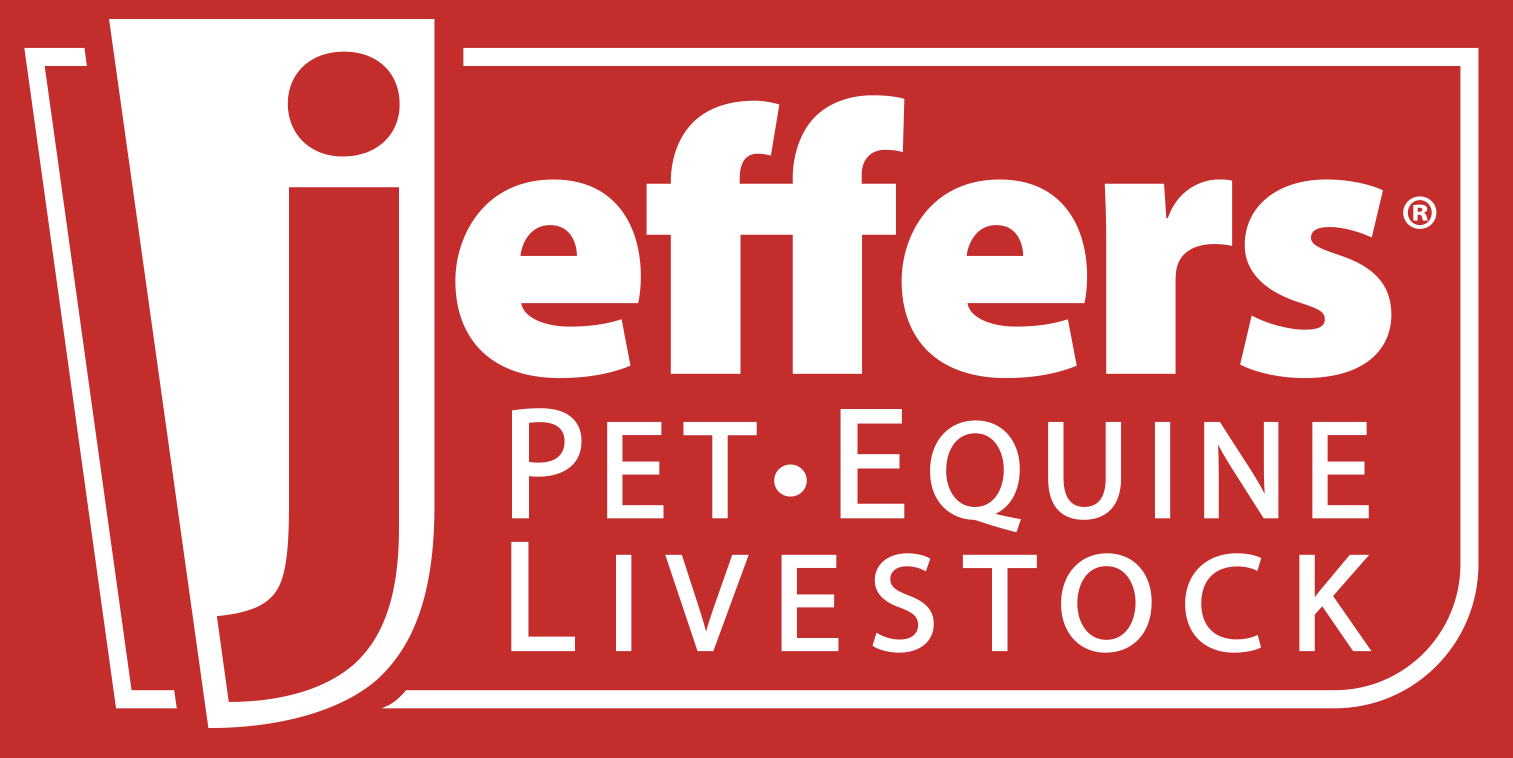Fly Control: Getting Ready for the ‘War on Flies’
Posted April 3, 2015 in Equine Blog by Kim Cahill

If you have fought the good fight before, then you know that no matter how hard you try, you will never be able to eliminate all of the flies on your property. However, there are steps that you can take to drastically reduce the population of nuisance flies. Below are some of my favorite “tools of the trade” that have made the biggest improvement around my farm.

As pesky as they are, flies do serve the purpose of helping to decompose what our four-legged friends leave behind. Put that manure fork to work and try to remove as much manure from your stall, corral or pasture as you can. Obviously, the larger the pasture, the closer to impossible this task can seem. But, removing the manure also removes the pests. A compost pile (placed away from your barn and where your horses hang out) will help to majorly cut down on the amount of flies that are hanging out in your barn or around your pasture.
Of all the flies that you will come in contact with this season, one of the most frustrating to deal with is the horse fly. On more than one occasion, one of these mutant flies have sent Gus and Jackson (my two OTTBs) racing down the fence line in an effort to flee from the painful bites of these menacing flies. This is not to imply that the smaller house flies, gnats, ticks, etc. will not be just as frustrating. A full spectrum fly spray; such as, UltraShield EX, is one of your best defenses against all of these critters. For those wanting to stay “green”, the Equiderma Neem Horse Spray would be a more natural alternative. My horses have also appreciated the relief that the Spartan Mosquito Eradicator provides. BugPellent is Pyrethrin, pyrethrum and pyrethoid free, making this a great solution for those looking to avoid the chemicals that most fly sprays contain.

A higher-tech fly control solution that is very beneficial in controlling house, garbage and biting stable flies is the use of parasitic wasps that you spread around fence edges, manure piles, water troughs and any other area that may have the potential to be fly breeding grounds. These wasps attack fly pupa, preventing flies from hatching. By spreading out these parasitic wasps once a month beginning when the temperature reaches the high 60’s, you will be sure to see a decrease in your fly population and the amount of fly spray that you will have to use. You will need to be cautious with the use of premise sprays, as you would run the risk of killing your beneficial parasitic wasps, as well.
Some horses can be so sensitive to flies that they really need the added protection of a fly sheet. There are about as many different fly sheets as there are winter blankets. To make your selection a little easier, consider the horse that you are shopping for and his turnout. For a more rambunctious horse in a larger turnout, you would get more bang for your buck with a fly sheet that has been constructed of more durable materials. I have found that the Weatherbeeta ComFITec Ripshield Fly Sheet is a solid investment as it is one of the strongest fly sheets on the market. For those horses that are easier on their “threads” and in a turnout that is free of foreign objects that a horse can rub on, any of the softer mesh fly sheets would work just fine.

Don’t forget to protect your horse’s face with a fly mask. Fly masks come with ears, without ears, with a standard length cut, or with an extended nose. For those horses that are only displaying sensitivity around their eyes, a standard fly mask will fit the bill. The Farnam SuperMask II Classic and the Comfort-Fit Lycra Fly Mask are two very popular examples. There are some horses that will remain a nervous wreck through the entire fly season with the constant buzzing of flies and mosquitoes around their face and ears. For relief for these horses, I recommend a full coverage fly mask, like the Cashel Long Fly Mask with Ears. On a side note, this fly mask is great for horses that sunburn during the summer months.
It seems that there are a million different options when it comes to fly control. Hopefully, some of my personal experiences will help to remove some of the confusion and help you on your mission against the flies on your property. After waiting for what seems like an eternity for the Spring and Summer months to return, we should be spending more time with our four-legged family, not fighting flies.
For more solutions, see Jeffers Equine’s extensive selection of Horse Fly and Insect Control products.
If I can ever help with any of the fly control questions, or if you would like to see us carry a product that we are not currently carrying, please feel free to email me at kcahill@jefferspet. com or call Jeffers 1-800-533-3377 and ask for Kim.
